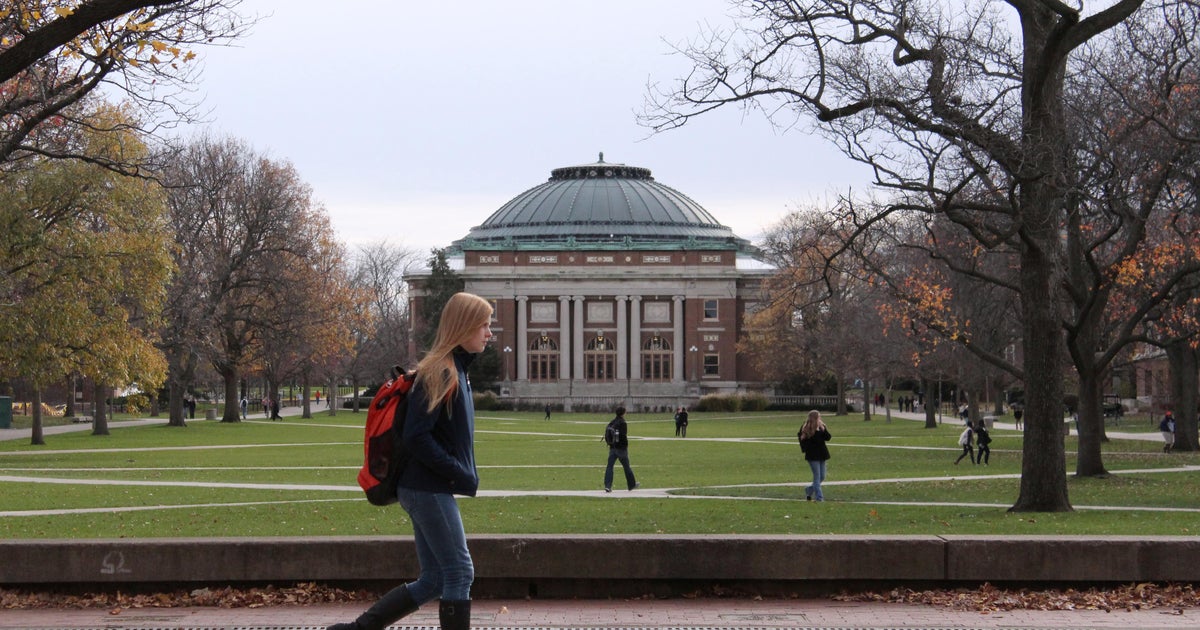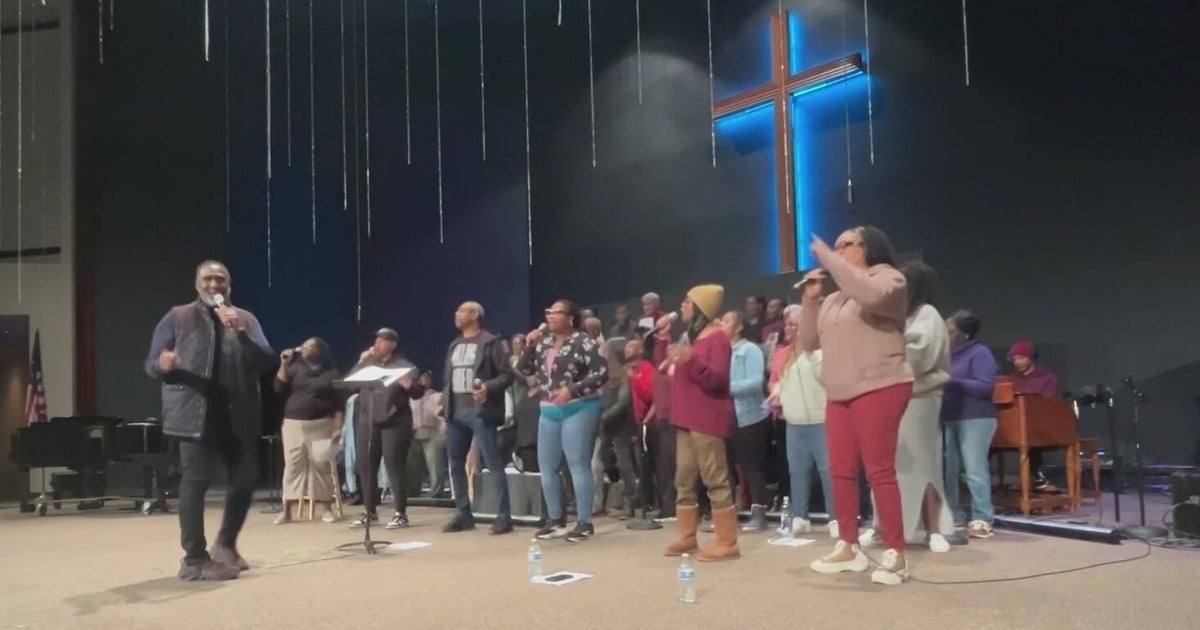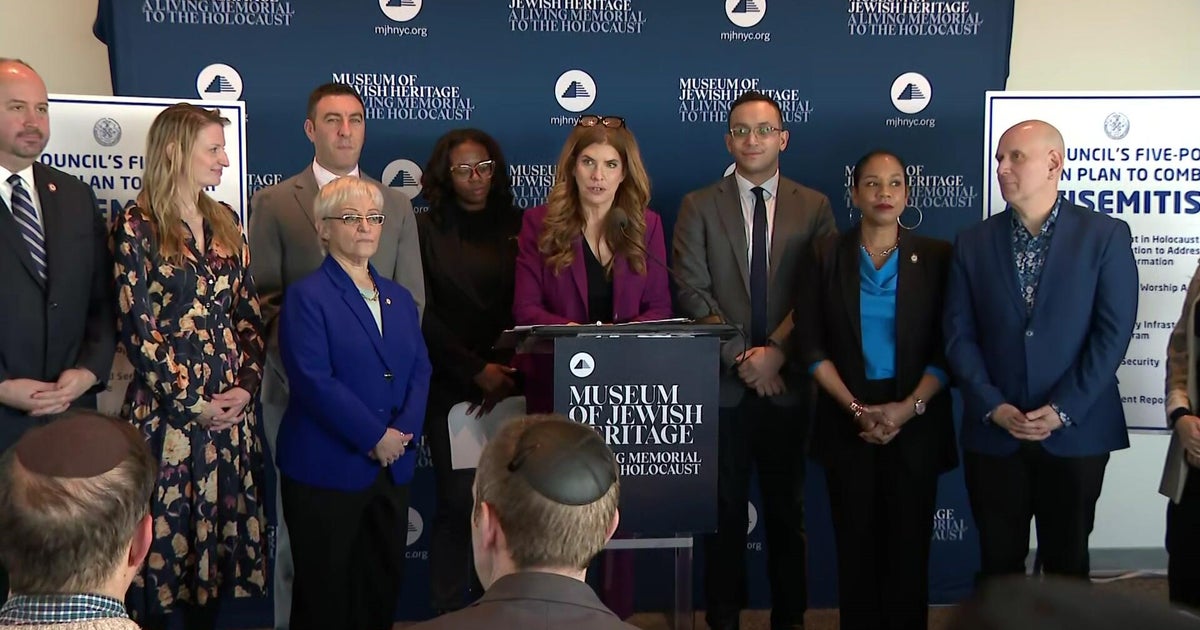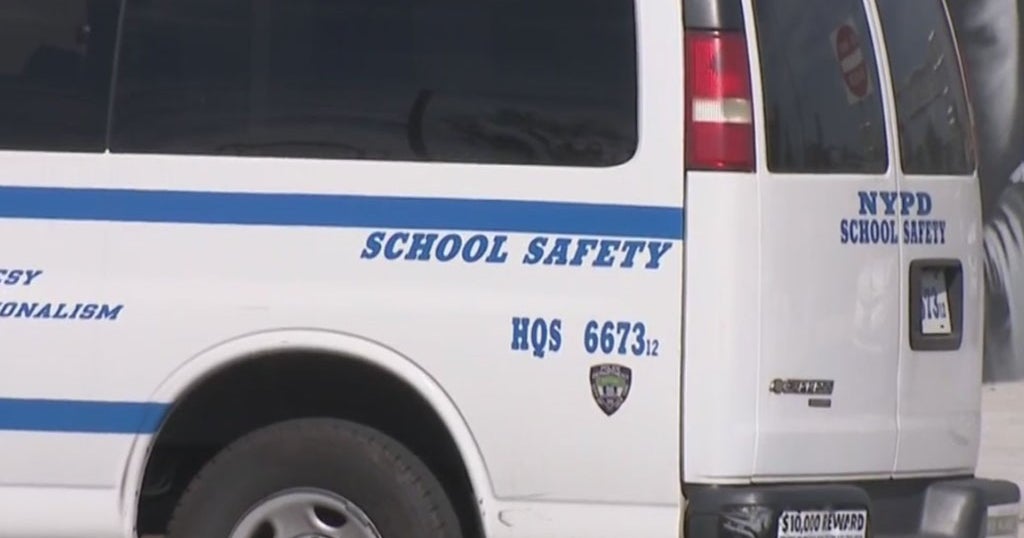New York State Board Of Regents Approves New Guidelines On How To Create More Equity In School Curriculums
NEW YORK (CBSNewYork) -- Schools across New York state are being urged to look at potential biases -- from the curriculum to policies.
The Board of Regents approved guidelines on how to create more equity. They include delving deeper into the country's painful past, CBS2's Aundrea Cline-Thomas reported Tuesday.
"After reading this story 'Memphis, Martin and the Mountaintop, The Sanitation Strike Of 1968,' I want us to think about what is a movement," New York City Schools Chancellor Meisha Ross Porter said.
Ms. Delilah Mendez teaches her elementary school students at Public School 15 in Brooklyn about different civil rights movements. Now, similar lessons are being encouraged in schools across the state to tell a more complete story about American history.
"We recognize the role that race and racism plays and we recognize our obligation to remove barriers," said Dr. Lester Young, chancellor of the state Board of Regents.
It's racism the Board of Regents says schools should specifically acknowledge.
It's just one part of the new policy on diversity equity and inclusion that also includes guidance regarding:
- Using more inclusive books and other materials
- Affirming students' cultural identities
- Diversifying school staff and overall student populations beyond race
"We are saying that this moment is one we are not going to waste to make a difference," said the Board of Regents' Frances Wills.
A difference as this country grapples with a racial reckoning, one many schools have already begun to address.
"I think that for educators it's important for them to take up this banner and to also not let it go away and to educate ourselves," social studies teacher Patrick Hector said.
That what Hector says he's doing, by using current events like COVID-19 disparities and hate crimes against Asian communities to explain a painful history to his students.
"There's so much of the history of racial inequities in this country were glossed over or seen as necessary evils that are in the past so they don't matter anymore," Hector said.
Now, educators are being called to meet this moment -- with urgency -- in hopes of better informing and empowering the next generation.
Each school district will decide what works best for it. In New York City, public schools are already preparing to revise their curriculum as part of preparations for students to return in person in the fall.







